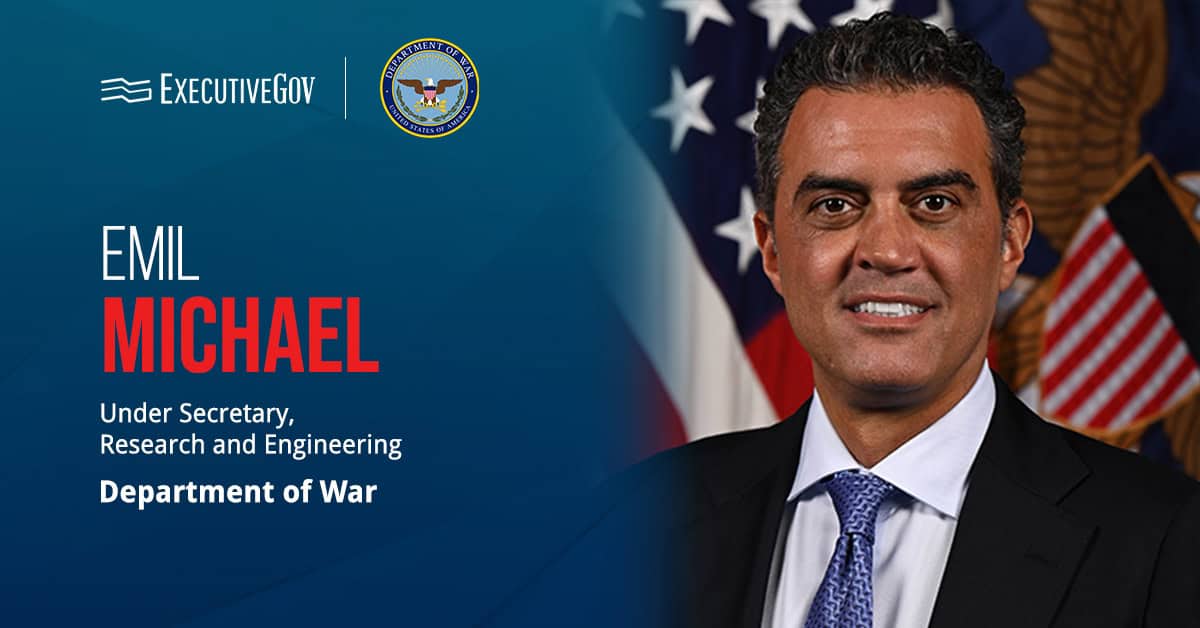
The Department of Homeland Security’s Science and Technology Directorate received an award in recognition of a certain government-funded surveillance system. DHS said Tuesday that it garnered the R&D 100 Award for the Immersive Imaging System, a situational awareness tool designed to provide 360-degree surveillance coverage with high-resolution imagery.
The system is made to lengthen surveillance and address security needs of congested and highly populated sites including airport terminals. Massachusetts Institute of Technology’s Lincoln Laboratory developed the system with funds from DHS S&T.Â
John Fortune, program manager at S&T, said they intend to provide surveillance for the entire airport security process from pre-checkpoint.





